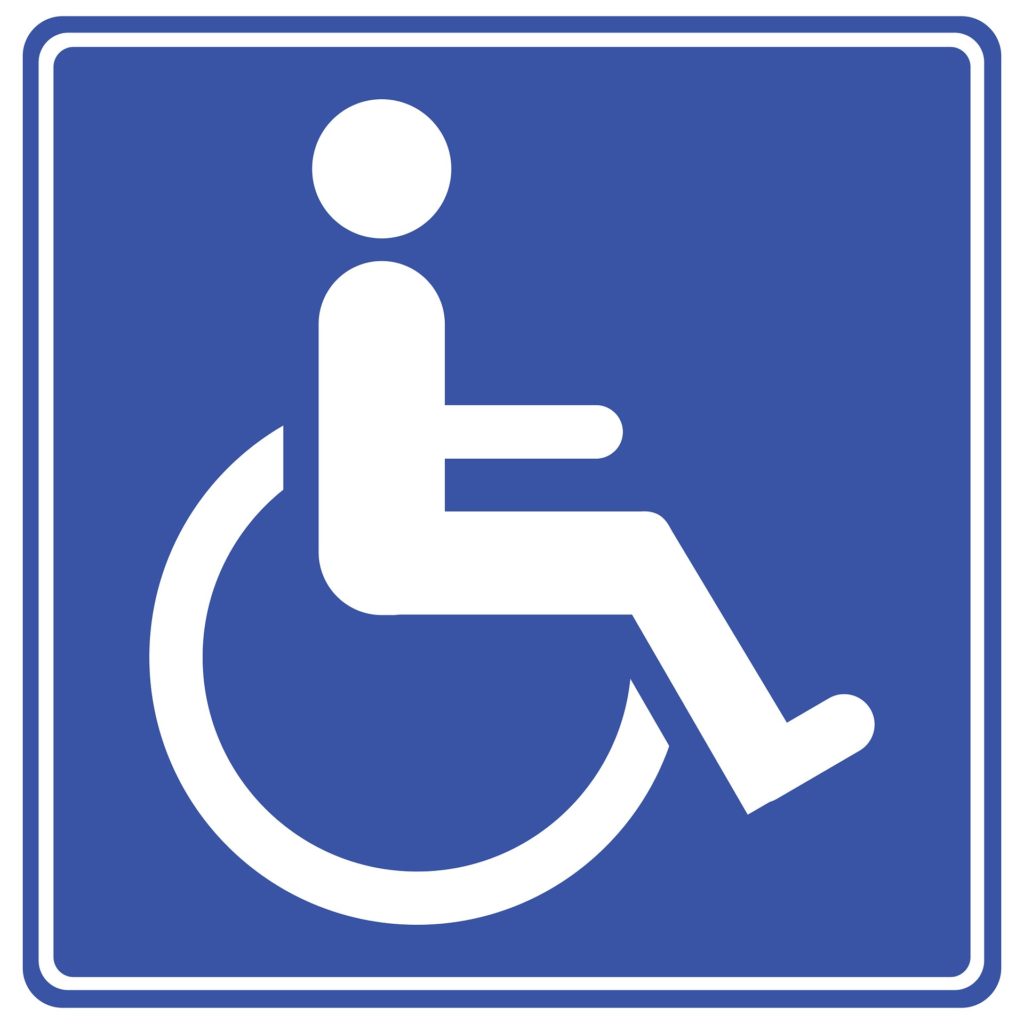When Does the Americans with Disabilities Act Apply to Community Associations?
Reading Time: 3 minutes
Community association board members and managers are often so preoccupied ensuring compliance with state and local laws that they can sometimes overlook controlling federal law. Multiple federal statutory acts can apply to community associations in any given situation and overlooking those federal laws can have costly consequences. One such area of federal law that might govern your community association is the Americans With Disabilities Act (“ADA”).
The ADA prohibits discrimination on the basis of a person’s disability. So when does the ADA apply to community associations? The short answer is when community association property is open to the public, even if only for occasional and limited events. Conversely, if a community association is purely residential and association property is not open to the general public (i.e., non-members), then that association is probably not subject to the ADA (but it is still governed by the Fair Housing Act).
The ADA will only apply to a community association if it is a place of public accommodation and then the association must comply with the federal requirements. To illustrate, if a condominium or HOA clubhouse hosts local public events, such as weddings, charity events, tournaments, and various other types of gatherings where the general public is invited, then that association is opening itself up to regulation under the ADA. Moreover, community associations that permit short term rentals, giving it characteristics similar to that of a place of public lodging, will probably fall under Title III of the ADA.
When a place of public accommodation, such as a clubhouse, is located in a private residence, such as a condominium, the portion of the residence used exclusively as a residence is not covered by the ADA. However, that portion used exclusively in the operation of a place of public accommodation, or used both for the place of public accommodation and for residential purposes, is covered by the ADA. See 28 CFR § 36.207(a). The portion of the residence and/or facility covered under the ADA will extend to those common elements used to enter the place of public accommodation, including the front sidewalk, the door or entryway, and hallways. It also applies to those portions of the residence, interior or exterior, available to or used by the general public, including restrooms. See 28 CFR § 36.207(b). Consequently, if a community association opens its clubhouse for public events and also provides for short term rentals, then the entire association property could be subject to the ADA.
If your community association is subject to the ADA, then to comply with federal law it must make reasonable modifications in its policies, practices, and procedures in order to accommodate individuals with disabilities. The association may also be required to take further action with its existing facilities to comply with the law. This can include installing ramps; making curb cuts at sidewalks and entrances; rearranging tables, chairs, vending machines, display racks, and other furniture; widening doorways; installing grab bars in toilet stalls; and adding raised letters or braille to elevator control buttons.
A community association subject to the ADA will be exposed to liability, including discrimination claims, if it is not in compliance with accessibility standards. Being subject to the ADA may also affect insurance coverage for community associations. ADA laws are complex and the penalties for violations can be severe. You should consult with an experienced attorney if you are unsure of whether your community association is currently subject to the ADA and, if so, if it is currently compliant with the ADA.


